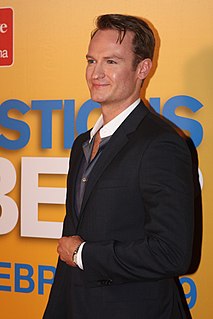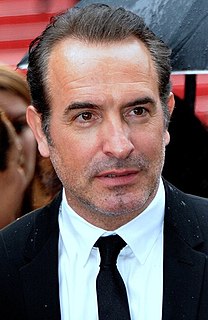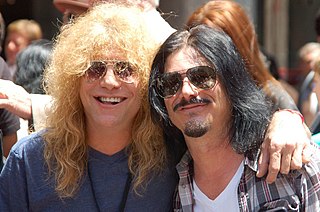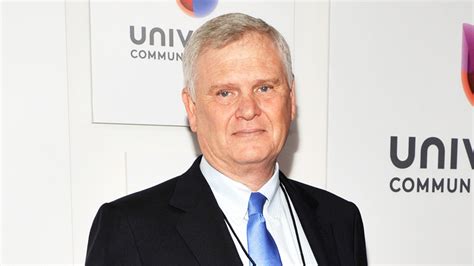A Quote by Josh Lawson
You can never predict what an audience is going to respond to and what they're going to watch. What we always knew was that we were making something that we were proud of and that we thought was important, and we hoped that people would feel the same way.
Related Quotes
I knew that's where I was going. I knew we were going to Italy. You couldn't make this movie in America at this price. I knew it was going to be big. I knew there was going to be a ship involved and that there was going to be a set as big as the ship. I thought, well, here we go. But I knew that was where he was headed. He had been going this way for some time. All directors, once they have some success, they want to spend a whole heck of a lot of money. (Something else can't hear.)
I loved Rushmore. I loved the script. I mean, that is what drew me to it, just the actual piece of literature the script is. But I never thought in a million years that anyone would see it or respond to it. It was an absolute joy that it was so loved and continues to be. The same with The Sixth Sense. I thought, "No one's going to watch this. Bruce Willis hasn't got a gun. There's no shagging. Lovely story, sweet and profound about loss and death, but no one's going to watch this."
If you create something that is asking for people to respond as they're going to respond, you have to allow them to respond as they're going to respond. Some of the people are going to be uninterested and some people are going to be mad for some reason, which is their business. That's just the way the world is.
I grew up in Africa, in Nigeria. I never knew, I never had any reasonable encounter with football. I saw football on Sky News. I thought there were people dressed like extraterrestrials, you know, like they were going to Mars or something, headgears and shoulder pads. And I wondered why, as a child, why did they have to dress that way.
I always knew I'd be an actor. I always knew I'd at least be on a big screen somewhere. Everyone else I was watching, they were cool, but I thought that I could bring something fresh and new, even when I was really young. I didn't really know how it was going to pan out, for sure, but I always knew that one day I would be on the big screen. I had no doubts in my mind.
When I first told people I was writing a book, some would say that was interesting, but others thought it was some holiday project and I would lose interest. I think my parents thought the same thing, and they were surprised when I kept going. I'm not sure I thought I would keep going, but then it became a big part of my life.
At the end of the day, if there was indeed some Body or presence standing there to judge me, I hoped I would be judged on whether I had lived a true life, not on whether I believed in a certain book, or whether I'd been baptized. If there was indeed a God at the end of my days, I hoped he didn't say, But you were never a Christian, so you're going the other way from heaven. If so, I was going to reply, You know what? You're right. Fine.
This is a universal, unique movie, it has potential to cross barriers. But we never thought about that on set, when we were doing the film. We knew that in making a silent movie, we were doing something a little bit under the wire, a bit interdit. It's a pastiche, but for the French taste, you would have thought.
I worked very hard to try and figure out what I thought and I believed that we were going to succeed and that revolutions would happen globally and we would be a part of that and we would have then not capitalism. We would have values based on human lives, not profit. We would actually transform the kinds of ways people built love and built community. It was a very shocking thing to me, out of the end of the 70s and the beginning of the 80s, to realize that that dream - while I still believed in it - was not going to happen in the way that I had hoped.




































